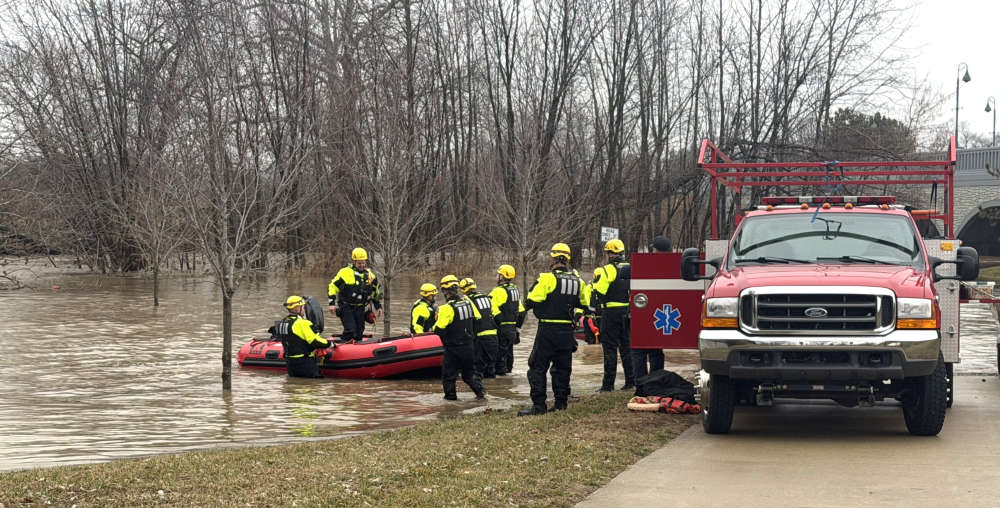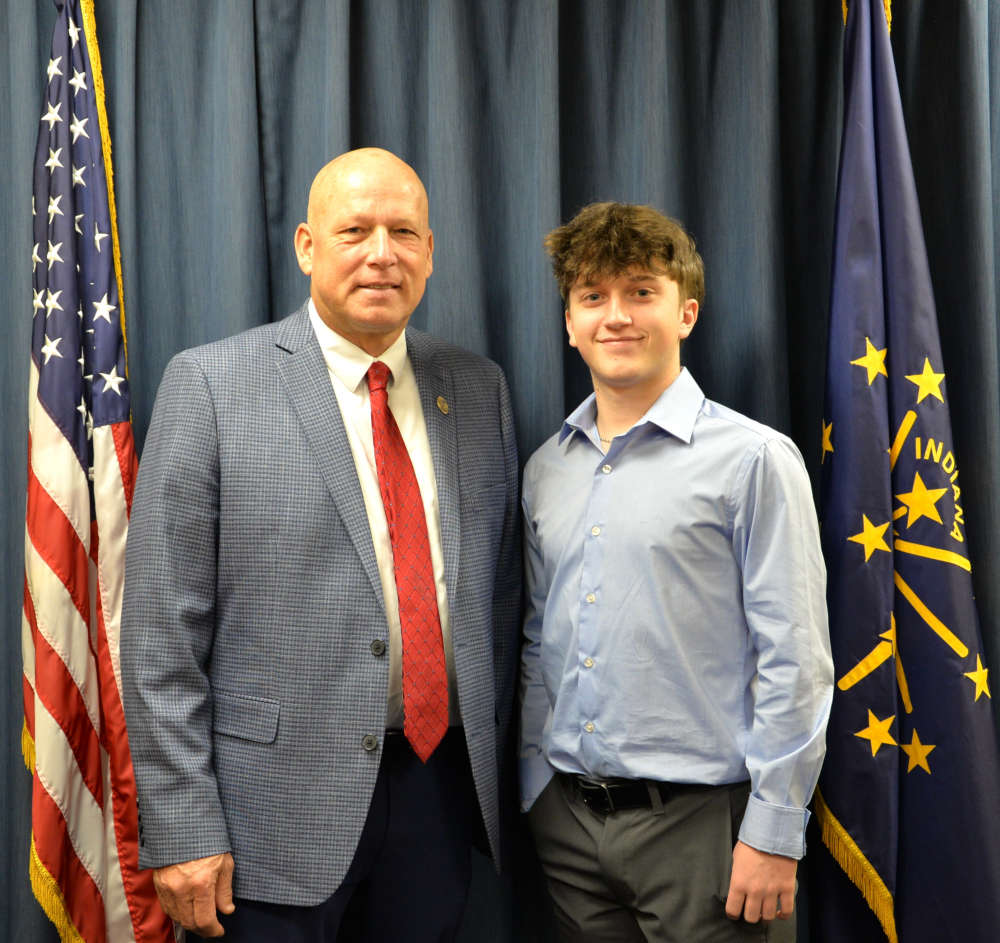
As fall migration begins and birds travel to warmer climates, the risk of avian influenza—commonly known as bird flu—remains a concern for U.S. poultry.
This fast-moving and deadly virus, primarily spread by migratory birds and wild waterfowl, still poses a threat. Producers play a vital role in helping us maintain this progress and preventing a resurgence through strong biosecurity practices.
Avian influenza can infect backyard flocks, pet birds, and commercial poultry through contaminated droppings, tainted water sources, and direct contact with infected birds. With migration season soon underway, it's more important than ever for anyone who keeps or works with birds to follow strict biosecurity and safety practices to help stop the spread.
Key facts:
- Since the outbreak started in 2022, HPAI has been detected in all 50 states and 1 territory, affecting a range of species, including chickens, turkeys and geese.
- To date, nearly 11 million U.S. households own backyard chickens. While backyard poultry is common in rural areas, it’s a growing trend in urban areas.
- For the commercial poultry industry, there are over 168,000 farms with approximately 374,000 poultry workers nationwide, the majority are family farms (97%).
- To help raise awareness and educate the public on bird diseases, USDA APHIS launched a campaign with free resources called, Defend the Flock.


 Heavy rainfall provided realistic training Wednesday for Shelbyville's Swift Water Rescue Team
Heavy rainfall provided realistic training Wednesday for Shelbyville's Swift Water Rescue Team
 Coulston Elementary School awarded Library Makeover Grant
Coulston Elementary School awarded Library Makeover Grant
 Red Cross seeks donations to curb severe blood shortage
Red Cross seeks donations to curb severe blood shortage
 Funeral services at Southwestern for Nicole A. (Hillebrand) Mays
Funeral services at Southwestern for Nicole A. (Hillebrand) Mays
 Sen. Crider welcomes Shelbyville's Sellers, Triton Central's Coen to Statehouse as Senate pages
Sen. Crider welcomes Shelbyville's Sellers, Triton Central's Coen to Statehouse as Senate pages
 City of Shelbyville dealing with resignation and retirement from two key positions
City of Shelbyville dealing with resignation and retirement from two key positions
 Board of Works approves temporary closure of portion of Hendricks Street
Board of Works approves temporary closure of portion of Hendricks Street
 40th Our Hospice Concert Labor Day Weekend - free concert returns downtown
40th Our Hospice Concert Labor Day Weekend - free concert returns downtown



